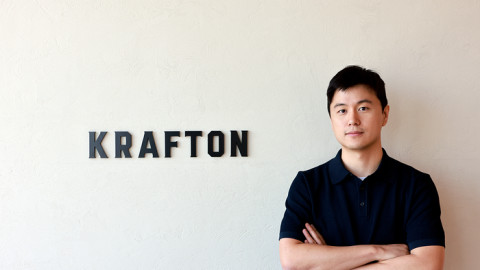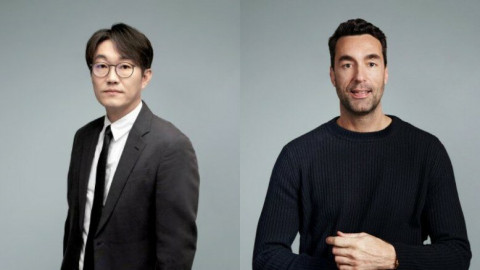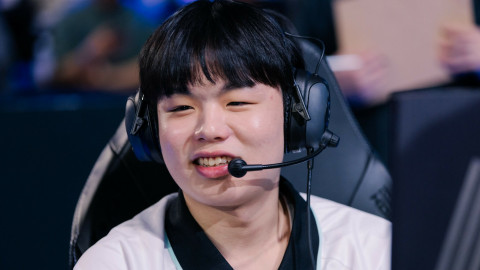
The Esports Integrity Commission (ESIC) has planned expansions that could have a dramatic effect on the integrity of CS:GO and other games, according to a quote given to Dom Sacco of Esports News UK at ESIC's recent Global Esports Summit. The group has come under fire in recent times from elements of the professional gaming community, including the CSPPA, that feel investigations are taking too long, to the detriment of the scene overall.
Nearly CS:GO 100 coaches have been caught using various bugs during the investigations led by ESIC, but revelations have not always had the best timing. Several coaches were banned just days prior to the PGL Antwerp Major, casting a shadow on the even of the game's de-facto world championship. As these protracted timelines stem mostly from an under-capacity staff, ESIC's new partnership, which will give them "access to close to 4,000" new members in the near future, should aid that.
“I’ve been working very hard to make sure ESIC can scale to meet this global need, both with an internal and external capability,” ESIC chairman Stephan Hanna told Esports News UK. ESIC commissioner Ian Smith added:
“We had a manageable workload in respect to match-fixing. I could deal with it because of my expertise and there weren’t too many cases, but the fixing has become more sophisticated. The scale has gone off the charts, we had a 275% increase in suspicious bets in 2020, so during that year I became overwhelmed.”
The expansion will not only enable ESIC to work at a much more efficient and swift level than before, but also hopefully go some way to restoring community faith in the project. The language used by Hanna also suggests that the move will come as a result of a partnership, rather than ESIC themselves having the resources to go from their current size, of five full-time members, to taking on 4000 new staff.
Major integrity issues
As mentioned above, ESIC were criticised in the run-up to the Antwerp Major for their banning of three coaches, namely Luis “Peacemaker” Tadeu of Imperial, Rafael "zakk" Fernandes of 9z and Team Spirit’s Sergey "hally" Shavayev. The community was split on the bans themselves, but the timing was criticized vehemently, as one would expect given the circumstances.
ESIC did not address the timing directly, but have previously relied on community help for funding and can hopefully now shed the limitations they worked under with more staff secured. With any luck, the massively increased capacity will allow the group to work far more effectively and efficiently, and get closer to the turnaround times expected by the esports communities they wish to serve.
Sort by:
Comments :0






